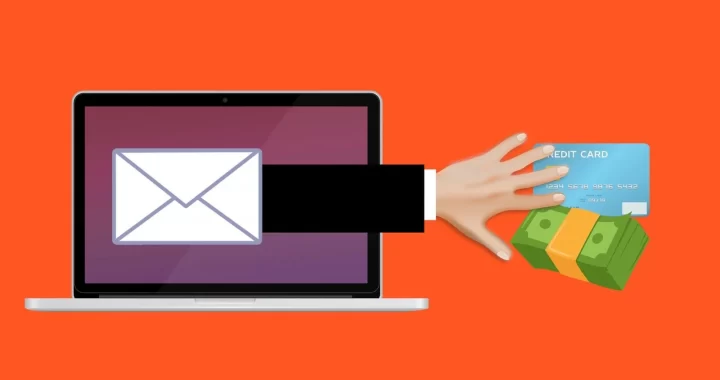While the following post was originally posted by Buckeye Cable System in 2020. It is still relevant and helpful!
Identity theft reached new highs in 2017 with 16.7 million Americans falling victim to 16.8 billion dollars in damage. Online shopping poses the highest threat for security breaches and identity fraud, with an 81% higher prevalence than fraud at retail stores. Although it’s almost impossible to protect yourself from websites like Facebook and Google, which practically know every single thing about you from your appearance to who your friends are to where you live, there are measures you can take to detect and impede hackers.
Protecting Yourself
Although frauds and hackers today are at an advantage, with more technology at their fingertips than ever, we have access to technology to defend ourselves. There are some simple, general provisions to take before moving on to the detection methods.
- Never use the same password twice. Even if the variation between passwords is minimal, it’s far better than using the same exact password for everything. Reusing a password leaves you vulnerable. If a hacker gets their hands on your password for one account, they would essentially have access to all of your accounts.
- Change your password regularly. An important part of defense is evolving with the times. It’s important to change or update your account information regularly, further reducing the risk of your password being cracked.
- Never share your password with others.
- Keep your personal info off the web. This includes your full name, phone number, address, social security number, payment information, etc…
- Do not open links or download attachments from an unknown sender. 54.6% of all email sent is considered spam, which often contain malicious attachments or unsafe links.
- Do your research before any online transactions. Especially be weary of any non-profit organizations seeking donations. The same should be said for giveaways and “FREE” prizes. If the offer seems too good to be true, it often is.
- Remember – most professional organizations, such as schools and banks, will never ask for your information over the internet. Customer service representatives should never request your personal or account log in information, either.
- Regularly update your virus protection firmware.
Detecting Fraud
The next step in fighting online scams is detecting fraud. There are multiple forms of fraud, such as Phishing, 419 scams, Overpayment, as well as Pump & Dump.
Phishing
Phishing is sending a fraudulent email posing as a reputable company in an attempt to get consumers to reveal their personal information, such as payment methods, your social security number, log in credentials, etc… These emails will either redirect you to a fake website or ask you for your information over email. Do not open any links or attachments and immediately delete any fishy (or “phishy”) looking emails.
419 Scams
419 scams, also known as “Nigerian Scam” or Advance-Fee scam promise the victim large sums of money at the cost of an initial investment. They will often request money via a check or wire transfer. In the long run, the damages go on to be more than financial as these scammers often go on to get a hold of your identity. They are referred to as “Nigerian Scams” as they originated in Nigeria, however they have become more prevalent in recent years.
Overpayment
These scams occur most often in e-commerce when a consumer “purchases” a sale item yet overpays. They will ask to be refunded the extra amount paid, however their original payment will never clear. Thus, you will end up paying them without ever receiving payment in the first place. The best way to avoid these scams is prevention – simply do not accept more than the listed price. It’s also a good idea to wait for their payment to clear before paying any refunds, to assure you aren’t being ripped off.
It also isn’t uncommon for scammers to target individuals through false job hirings. Sometimes without ever even being interviewed, victims find themselves receiving emails from a “recruitment manager” exclaiming they’ve been hired. Some of these scammers will charge a “training” fee for this position that does not really exist, or they will trick the victim into cashing a fake check before demanding they wire back the difference. You may also be told to deposit a check for expensive home office supplies, however the check never goes through and you are left with the bill. It is never wise to give an employer your information prior to signing any contracts or verifying the legitimacy of the business.
Pump & Dump
A pump & dump woos victims with the alluring promise of riches at – again – the cost of an initial investment. In this case, the initial investment is often penny stock in an unknown company, unheard of real estate, or “work in process” innovation. The fraud will exaggerate the projected value to an extreme extent before bolting off with the investors’ money, never to be heard from again.
Although more and more people around the world are falling victim to identity theft and fraudulent scams online with each passing year, there are protection and detection methods everyone should take in order to keep themselves and their loved ones safe. This includes routine password maintenance, keeping your personal information off the web, regularly updating your firmware, and exercising caution when open links or attachments. It is also important to familiarize yourself with the most common forms of internet fraud, such as phishing, 419 scams, overpayment, as well as pump & dump.

